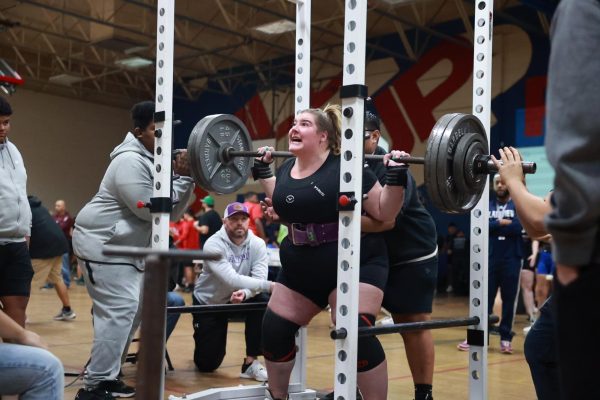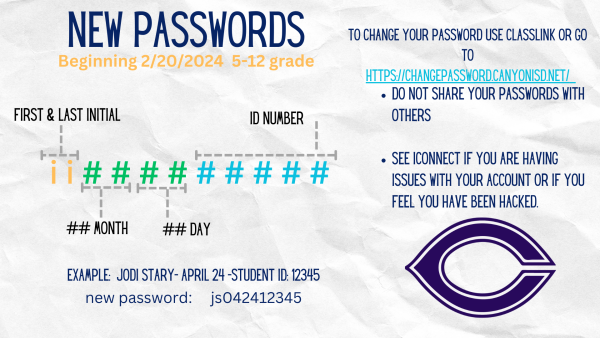US sends 80 troops to Chad to help with search for missing Nigerian girls
(MCT)
WASHINGTON _ The United States military has deployed 80 troops to the country of Chad to help in the search for more than 270 girls kidnapped in Nigeria by that nation’s most feared and powerful extremist group, Boko Haram, the White House told Congress on Wednesday.
In a letter to House Speaker John Boehner and Senate Majority Leader Harry Reid, President Barack Obama said the U.S. unit “will remain in Chad until its support in resolving the kidnapping situation is no longer required.” The group will provide support for “the intelligence, surveillance, and reconnaissance aircraft” flying over northern Nigeria and the surrounding area, the letter said.
The War Powers Resolution of 1973 requires that the president tell Congress any time U.S. troops are deployed to a foreign land.
We are very, very careful to ensure that we are only providing assistance to those who will not use it in ways that may affect civilians or otherwise violate international human rights standards.
— Alice Friend
Separately, Pentagon officials said the additional troops will operate and maintain the unarmed Predator drone that has been searching for the girls as well as provide security.
The decision to send the troops marked an escalation in the U.S. military’s involvement in the search for the girls, who were kidnapped from their school April 14. Two weeks ago, the U.S. sent about two dozen people to help with the hunt, including intelligence and law enforcement officers. Of those, fewer than 10 were from the military.
U.S. officials believe the militants have divided the girls into smaller groups and hidden them in the deep forests of northeastern Nigeria, an area about the size of West Virginia. On Tuesday, Pentagon spokesman Navy Rear Adm. John Kirby compared the hunt for the girls to searching for “a needle in the jungle.”
“We’ve not seen anything that indicates their location at this point,” Kirby said. “We’re sharing with (the Nigerian government) what we’re seeing, but we’re not seeing anything that is indicative.”
For the last five years, Boko Haram has increased its grip on Nigeria, particularly in the north, where kidnappings and attacks have become common. On Wednesday, Boko Haram militants attacked three villages with car bombs, killing at least 40, near the site where the girls were snatched. A day earlier, Boko Haram supporters killed at least 118 people a double bombing in the central city of Jos.
U.S. involvement in the search has put officials in a difficult position regarding how it deals with Nigeria’s military, which has been accused of human rights violations and which has been infiltrated by Boko Haram.
“We are very, very careful to ensure that we are only providing assistance to those who will not use it in ways that may affect civilians or otherwise violate international human rights standards,” intelligence about militants, Alice Friend, the Pentagon’s principal director for African affairs, told the Senate Foreign Relations Committee last week.
Since 2010, Boko Haram, which loosely translates as “Western education is forbidden,” is believed to have killed at least 300 students. The group has said it kidnapped the girls because they needed to be





